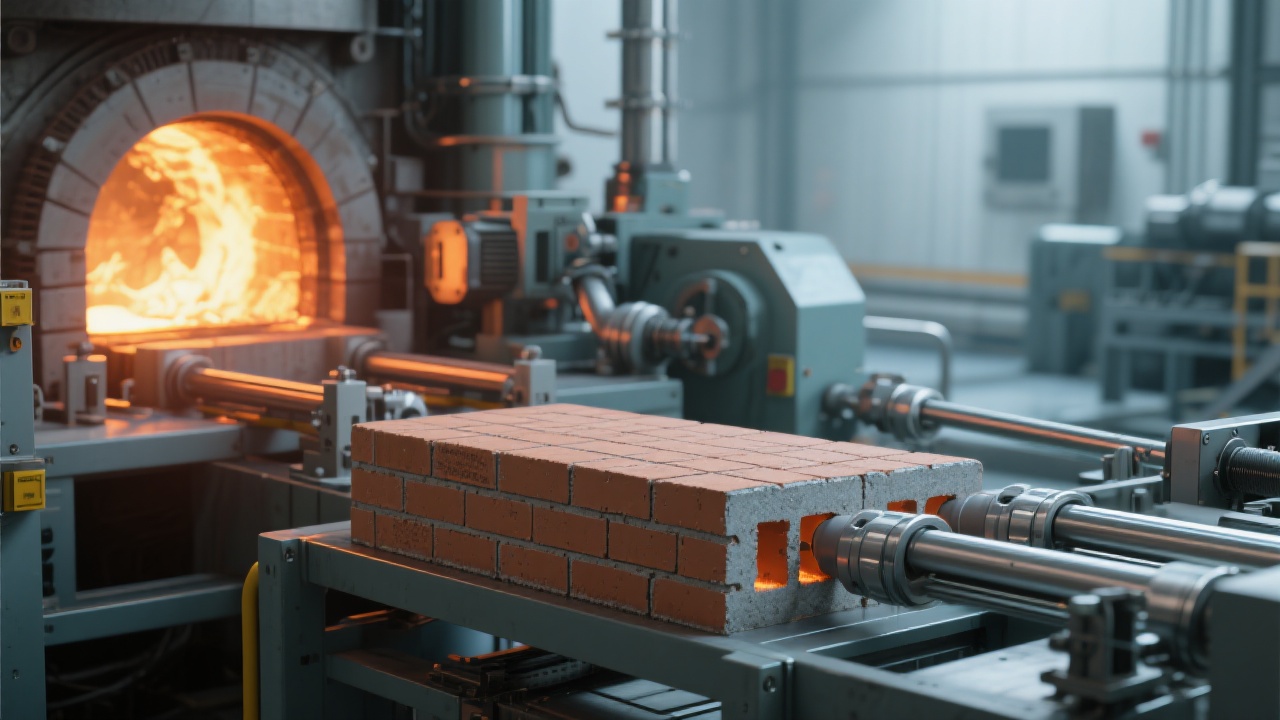
In the high-stakes world of ceramic, metal, and composite material processing, thermal shock resistance isn't just a feature—it's a survival skill. For over 15 years, I've worked with manufacturers across Europe, Asia, and North America who’ve learned the hard way that not all refractory materials are created equal. Among them, 堇青石 (cordierite) stands out as one of the most reliable solutions for rapid heating and cooling cycles—especially when temperatures swing from ambient to 1300°C in under 30 minutes.
Cordierite’s unique low thermal expansion coefficient (≈ 1.5 × 10⁻⁶ /°C) and porous microstructure make it ideal for applications where temperature gradients exceed 200°C/min. According to a 2021 study by the European Ceramic Society, cordierite kiln furniture shows up to 70% less crack propagation compared to alumina-based alternatives under identical thermal cycling conditions. This means fewer replacements, less downtime, and consistent product quality—even in aggressive industrial environments like porcelain tile production or aerospace alloy sintering.
| Material | Thermal Shock Resistance (ΔT max) | Avg. Lifespan (cycles @ 1300°C) |
|---|---|---|
| Cordierite | ≥ 600°C | ~1,200–1,500 cycles |
| Alumina | ≤ 350°C | ~400–600 cycles |
One client in Spain once lost 18 months of production due to repeated kiln shelf fractures after switching to a cheaper alternative. The root cause? A lack of understanding about thermal fatigue mechanisms. When cordierite is exposed to uneven heat distribution or improper loading patterns, microcracks can initiate at grain boundaries—especially if moisture remains trapped during preheating. Our team helped this customer implement a simple but effective protocol: dry the shelves at 150°C for 2 hours before each firing cycle. Result? Zero cracks in 18 consecutive batches.
For users handling different materials, here’s how to tailor your maintenance:
Regular visual inspections and infrared thermography checks every 50 cycles can catch early warning signs such as surface warping or hot spots. These small steps translate into major cost savings—industry data shows a 30–40% reduction in unplanned downtime when proper monitoring is applied.

If you’re currently experiencing premature failures in your kiln furniture or seeking ways to boost throughput without compromising safety, now is the time to rethink your material choice. Cordierite may require a slightly higher upfront investment—but its long-term performance makes it a smart, scalable solution for any serious producer.
Ready to optimize your thermal process? Let’s talk about what works best for YOUR specific application.

